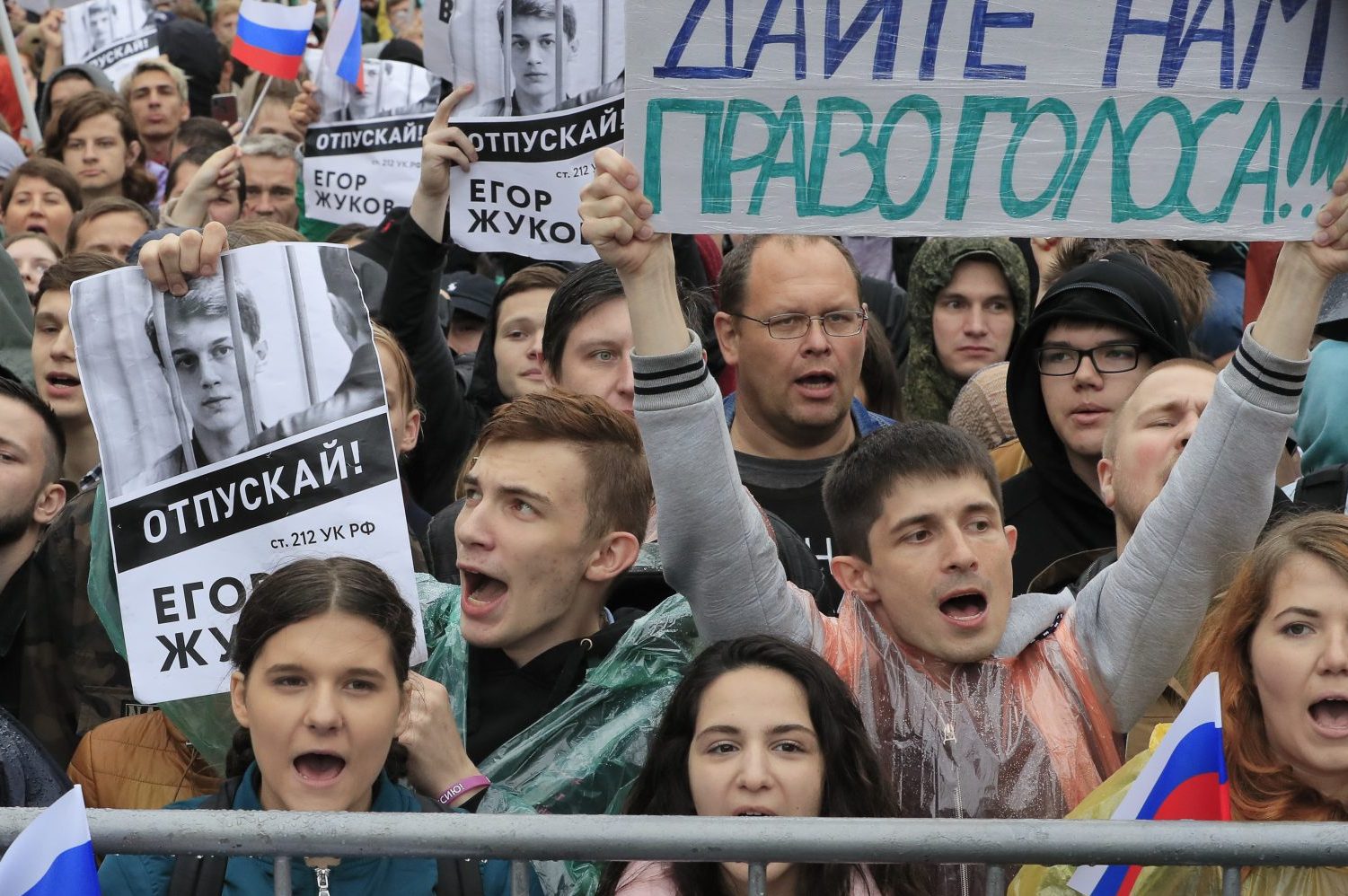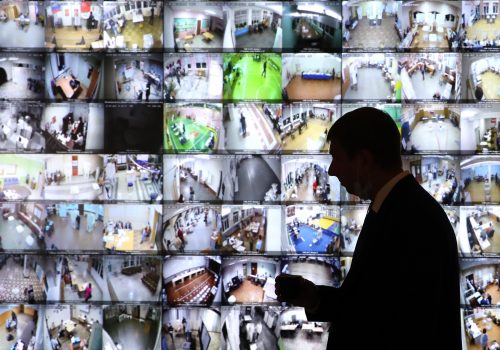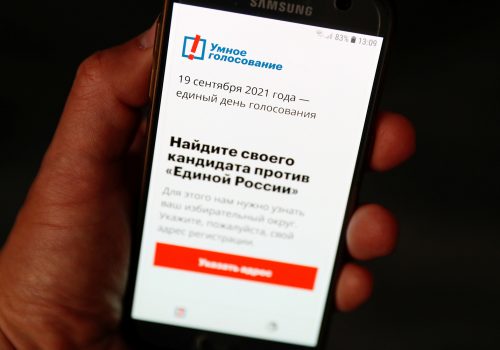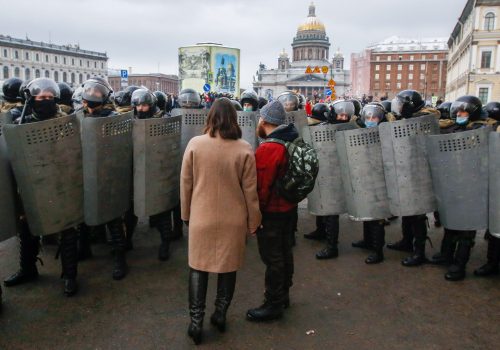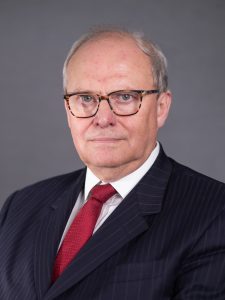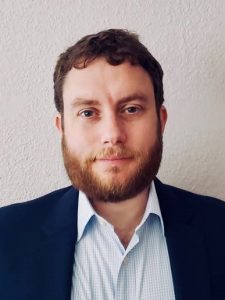For nearly twenty years, Russian politics have been dominated by the overwhelming presence of President Vladimir Putin and the closely tied United Russia party. During this period, the Kremlin has also indirectly managed proxy political groups to simulate opposition and prevent dissenting voices from assuming political office. However, opposition parties have used local and, to a lesser extent, regional elections to challenge the Kremlin successfully. After the explosive protests that erupted over Moscow’s 2019 city elections, renewed attention is being focused on Russia’s broader municipal electoral trends.
Dr. Ella Paneyakh, Docent, National Research University Higher School of Economics; and Yulia Taranova, Director, Social Sciences Lab; Anastasia Burakova, Chair, Open Russia; and Dr. Larry Diamond, Senior Fellow, Hoover Institution; Senior Fellow, Freeman Spogli Institute, Stanford University, all join to discuss these notable trends in the Russian system and what they mean for broader political trends. Dylan Myles-Primakoff, Senior Fellow, Atlantic Council Eurasia Center, joins as moderator for the event.
This event is part of the “Future of Russia” series, hosted by the Atlantic Council with the support of the Future of Russia Foundation (UK Charity).
spotlight
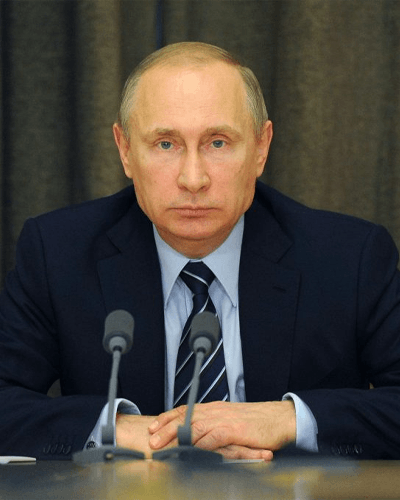
The Kremlin and the Russian people
Putin’s Russia
Russia was the dominant republic in the former Soviet Union and took tentative steps toward an open society and market economy in the 1990s. But during the early 2000s, under leader Vladimir Putin, its direction changed. At the end of the 1990s, this quasi-democracy pivoted to an authoritarian direction.
RELATED experts

The Eurasia Center’s mission is to promote policies that strengthen stability, democratic values, and prosperity in Eurasia, from Eastern Europe in the West to the Caucasus, Russia, and Central Asia in the East.
